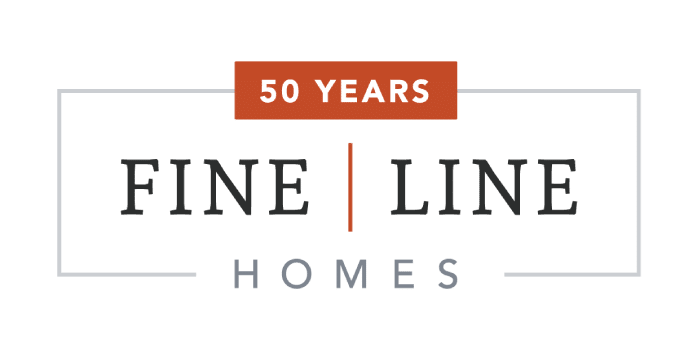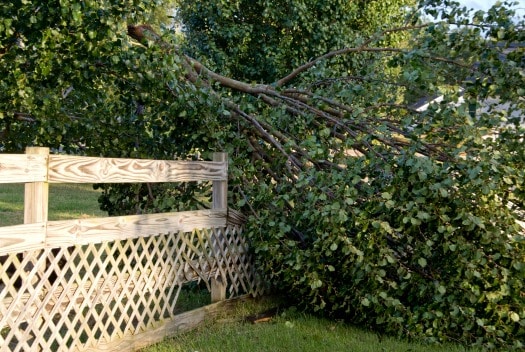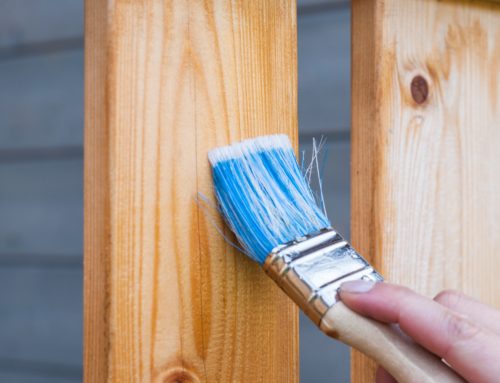By: Ann Cochran Reprinted from HouseLogic.com with permission of the NATIONAL ASSOCIATION OF REALTORS®.
When a neighbor’s tree falls over your property line, yell TIMBER, then call your insurance company. Home owners policies cover tree damage caused by perils like wind and winter storms. Most policies cover hauling away tree debris if the mess is associated with house damage; some will cover cleanup even if no structures were harmed.
When a Tree Falls
Your neighbor is responsible when a tree falls over your shared property line only if you can prove he was aware that his tree was a hazard and refused to remedy the problem. Regardless, your insurance company restores your property first, and later decides whether or not to pursue reimbursement from the neighbor or his insurer if the neighbor was negligent in maintaining the tree.
Before a Tree Falls
Write a letter to your neighbor before his dead, diseased or listing tree falls through your roof or over your property line. The letter should include:
Description of the problem, Photographs, Request for action, Attorney letterhead–not necessary but indicates you mean business.
Trim Their Trees
If the limbs of a tree hang over your property line, you may trim the branches up to the property line, but not cut down the entire tree. If a tree dies after your little pruning, the neighbor can pursue a claim against you in civil or small claims court. Depending on the laws of your state, your neighbor may have to prove the damage was deliberate or caused by negligence, but may also be able to recover up to three times the value of the tree. Before you cut, tell your neighbors what you intend to do to protect your property. They may offer to trim the whole tree instead of risking your half-oaked job.
Your Tree Falls
It’s always a good idea to take care of your big and beautiful trees, and keep receipts for trimmings and other care. But if your tree falls over a neighbor’s property line, do nothing until their insurance company contacts you. You may not be liable unless you knew or should have known the tree was in a dangerous condition. If you pruned a tree or shored up trunks to prevent problems, gather your receipts to prove your diligence.
Ann Cochran has written about home improvement and design trends for Washingtonian, Home Improvement, and Bethesda Magazine.











